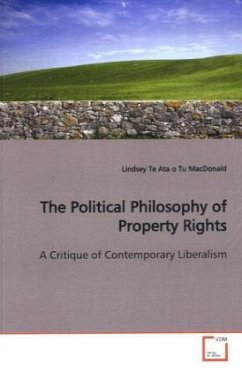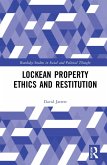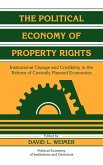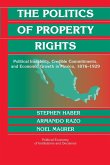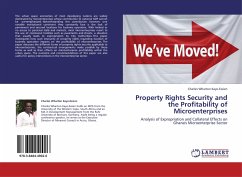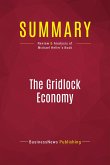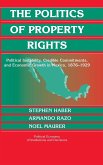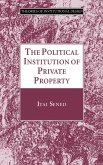This mongraph reasserts the primacy of property in
political theorising. Arguing that the determination
of property rights is part of the justification of
the state, MacDonald notes the failure of much
current philosophising to take account of this role
when setting out the normative arguments for
legitimate political authority. MacDonald criticises
current philosophical definitions of property as a
bundle-of-rights, arguing that for normative
purposes, property is a right of exclusion in rem.
Thereby MacDonald escapes the interminable moral and
legal arguments over property - such as questions of
Lockean labour theory, self-ownership, and indigenous
historical injustice - that have dominated recent
political philosophy. Instead, the book focuses on
the failure of libertarian and liberal egalitarian
theories of justice to produce a plausible account of
both legitimate political authority s right to
regulate property, and the principles upon which that
regulation ought to occur. The book will be of
interest to scholars of political philosophy and
theory, especially those engaged in the contemporary
ideas of justice, legitimacy and the justification of
the state.
political theorising. Arguing that the determination
of property rights is part of the justification of
the state, MacDonald notes the failure of much
current philosophising to take account of this role
when setting out the normative arguments for
legitimate political authority. MacDonald criticises
current philosophical definitions of property as a
bundle-of-rights, arguing that for normative
purposes, property is a right of exclusion in rem.
Thereby MacDonald escapes the interminable moral and
legal arguments over property - such as questions of
Lockean labour theory, self-ownership, and indigenous
historical injustice - that have dominated recent
political philosophy. Instead, the book focuses on
the failure of libertarian and liberal egalitarian
theories of justice to produce a plausible account of
both legitimate political authority s right to
regulate property, and the principles upon which that
regulation ought to occur. The book will be of
interest to scholars of political philosophy and
theory, especially those engaged in the contemporary
ideas of justice, legitimacy and the justification of
the state.

